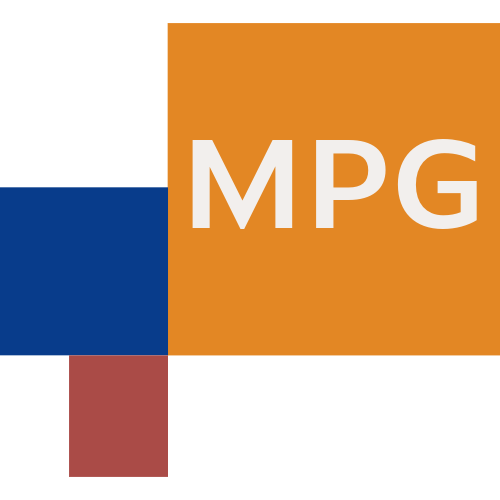menu
menu
Menu
cancel
- arrow_back_iosBacknavigate_nextpersonPersonal
- groupCommunities
- articleBlogs
- eventEvents
- sourceTemplates
- question_answerQuestions
- schoolLearning
- business_centerBusiness
- live_helpFAQ
How can leaders balance their organizational goals with ethical considerations, and what strategies can be employed to ensure ethical decision-making processes in challenging situations?
In what ways can ethical leadership influence the overall culture and performance of an organization, and how can leaders effectively assess and cultivate this influence?
What role does transparency and accountability play in ethical leadership, and how can leaders maintain these values while navigating complex stakeholder expectations?
**What are the key components of an effective compliance program in an organization, and how can they be implemented to ensure adherence to relevant laws and regulations?
2. **How does the role of a compliance officer differ across industries, and what best practices should they follow to maintain a culture of compliance within a company?
3. **What are the potential consequences for an organization that fails to maintain compliance with industry standards and legal requirements, and how can these risks be mitigated?
What measures can nonprofit organizations implement to ensure that donor information is kept confidential and secure?
How do transparency and accountability in financial reporting contribute to protecting donor rights, and what standards should organizations adhere to?
What are the key components of a donor rights charter, and how can organizations effectively communicate these rights to their donors to foster trust and engagement?
**What are the primary goals and outcomes expected from engaging with an executive coach?
